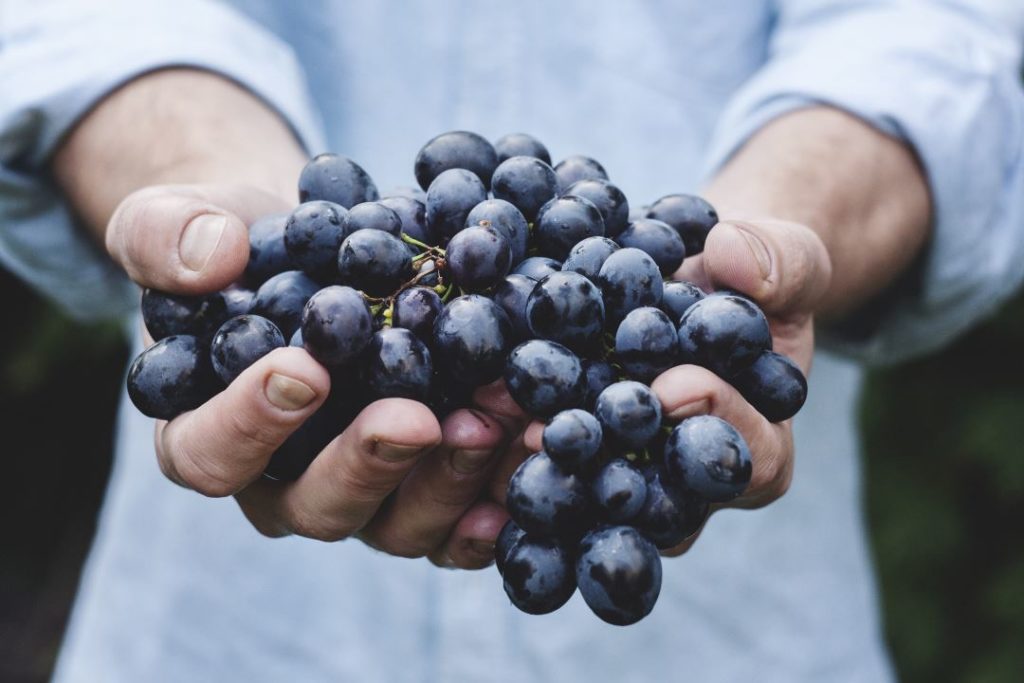
Contents
Anti-oxidants neutralize the effect of free radicals.
What is Antioxidant?
An antioxidant is a molecule that inhibits the oxidation of other molecules. Antioxidants protect the body from damage caused by harmful molecules called free radicals. Damage in this context means atherosclerosis, cancer, and other disease conditions.Sources of antioxidants
Though our body produces antioxidants, which is not capable of producing enough to protect from the continuous reproduction of free radicals. Because of this, a continuous supply of new antioxidants should be obtained through our daily food we intake. These essential vitamins and minerals are found in whole natural foods which undergone less or no processing. Before presenting the sources of antioxidants let us know about the types of antioxidants. There are thousands of different types of antioxidants in nature, but the ones that are of most importance to human health include astaxanthin, some enzymes such as Superoxide Dismusase, vitamins A, C, and E, beta-carotene, selenium, lycopene, lutein, Coenzyme Q10, phytic acid, flavonoids, and polyphenols. Antioxidants are also separated into two categories – water-soluble (hydrophilic), and fat-soluble (hydrophobic). Water-soluble antioxidants predominantly react with oxidants in the cell cytosol and the blood plasma, while fat-soluble antioxidants protect cell membranes from lipid peroxidation. Now coming to most important part, sources of antioxidants.- Vitamin C is rich in foods like citrus fruits, green leafy vegetables, strawberries, green bell peppers, broccoli, cabbage, and potatoes.
- Vitamin E includes whole grains, nuts and seeds, wheat germ, green leafy vegetables, and fish-liver oil. Also sunflower vegetable oil, extra-virgin olive oil.
- Beta-carotene can be found in dark green, yellow, and orange-colored fruits and vegetables, including kale, collards, broccoli, carrots, pumpkins, tomatoes, cantaloupe, peaches, and apricots.
- Selenium sources include fish, shellfish, eggs, chicken, garlic, grains, and red meat.
- Glutathione rich food includes asparagus, avocado, spinach, broccoli, watermelon, strawberries, cantaloupe and peaches.
- Lutein is found in green leafy vegetables, such as spinach, collards and cabbage, broccoli, corn, peas, papayas and oranges.
- Lycopene is found in pink and red fruits and vegetables, such as pink grapefruit, watermelon, apricots and tomatoes.
- Flavonoids are rich in cranberries, beets, grapes (red or black), oranges, lemons, berries, green tea, grapefruit, and cabbage.
Benefits of Anti-Oxidants
Increasing one’s antioxidant intake is essential for optimum health, especially in today’s polluted world. Different antioxidants benefit different parts of the body like beta carotenes for eye health, lycopene for prostate health, flavonoids for the heart, vitamin E for skin and etc. It helps in protection of:- Heart problems
- Eye problems (macular degeneration may cause blindness in old age)
- Fight cancer
- Mood disorders
- Immune system problems
- Memory problems